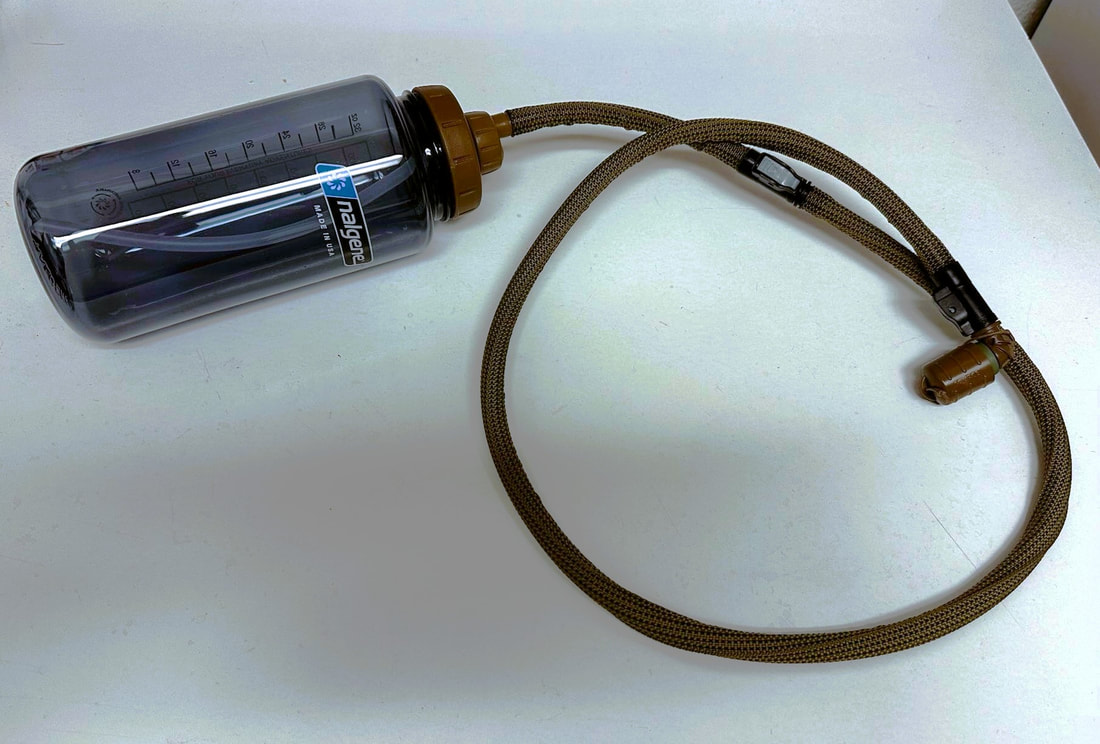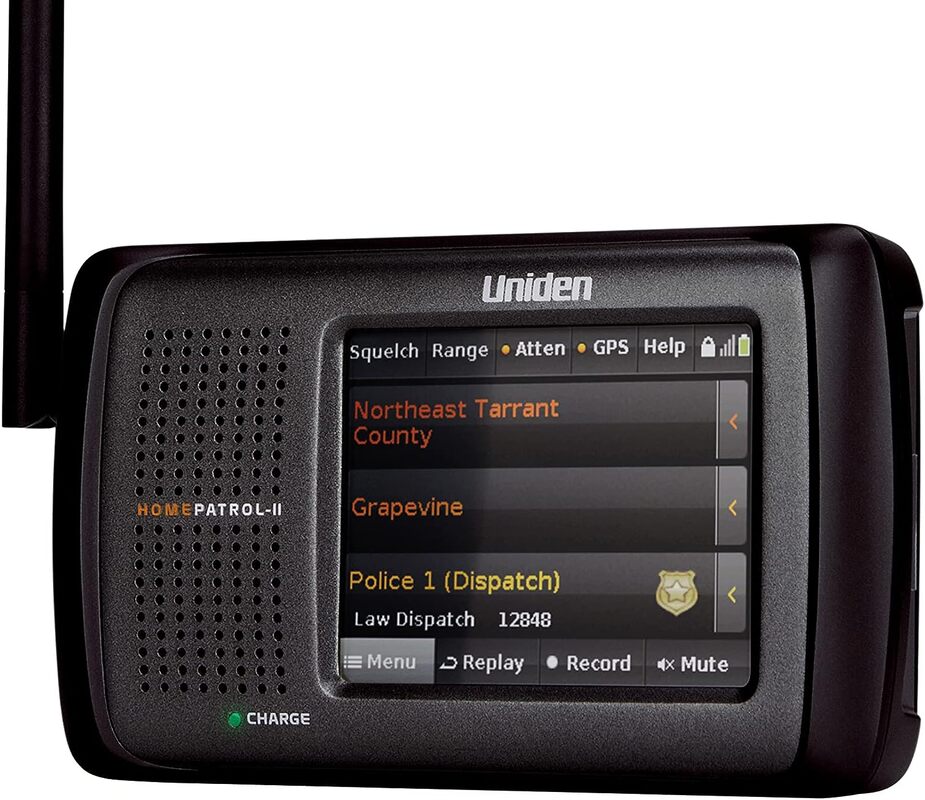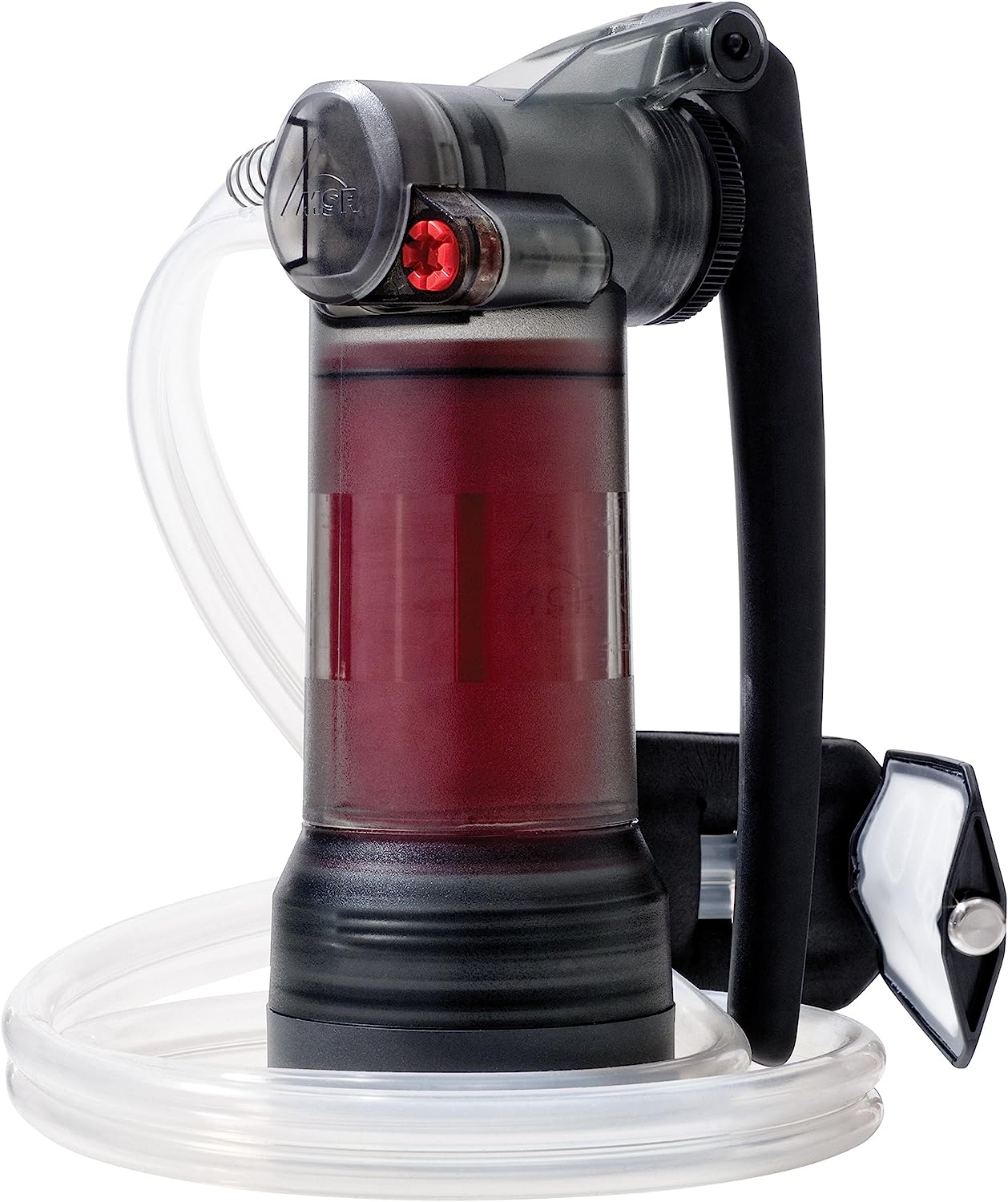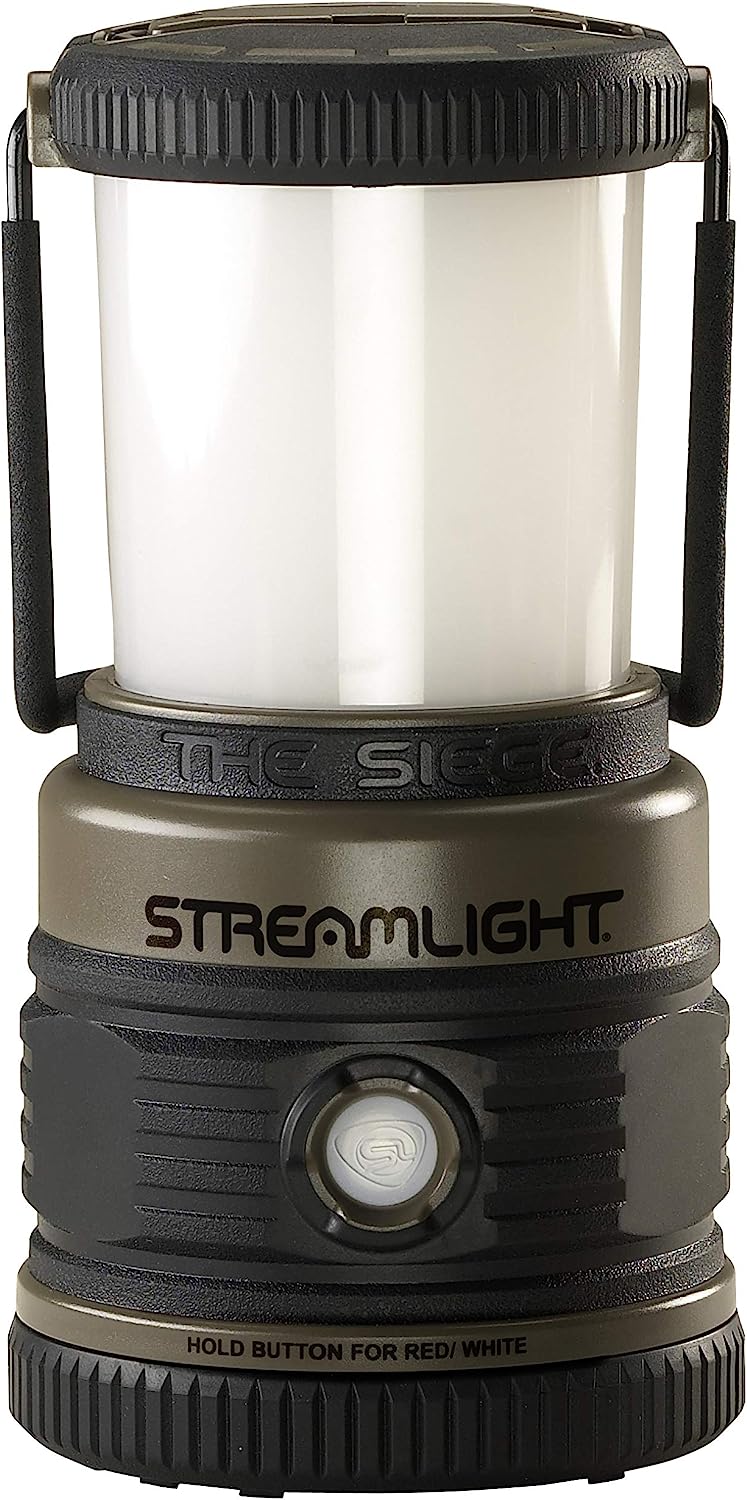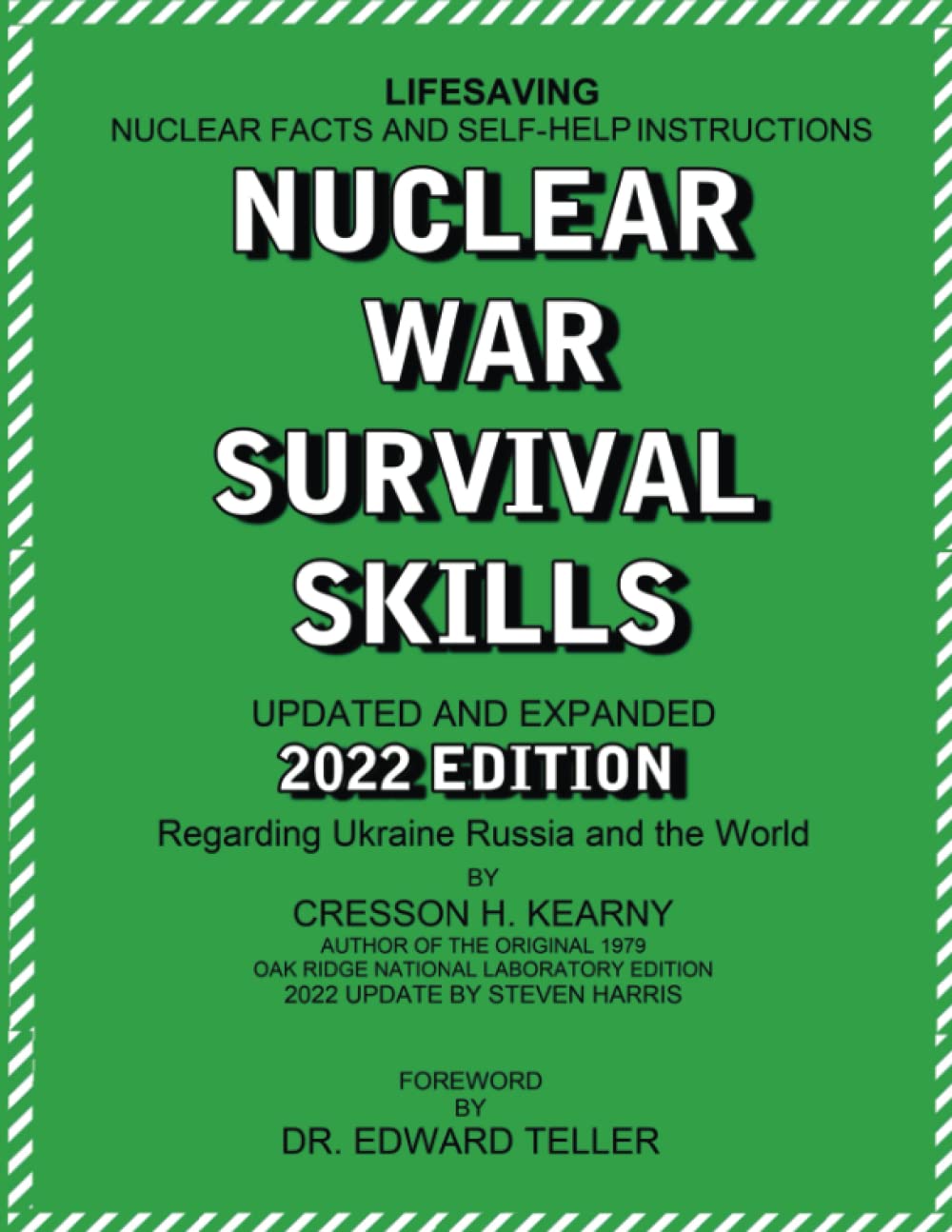|
Note: this an adaptation from my non-fiction book Suburban Warfare: A cop's guide to surviving a civil war, SHTF, or modern urban combat, available on Amazon.
Survivors of a SHTF event or those living in a world without the rule of law (WROL) will need to guard critical local infrastructure to prevent its exploitation from malign actors. I wrote two books about my agency (a SoCal sheriff’s office) surviving an EMP. One of the major duties I gave to surviving police is simply guarding local water wells to prevent them from being captured by gang members. In a real grid-down situation, I do not expect any peace officer to actually take up this duty, so it is up to the community to prevent vital infrastructure from falling under the control of any one group. What I was getting at in my writing is that the good guys have a vested interest in maintaining open public access of vital infrastructure. Practically, this means water, transportation routes, and logistical venues (stores and markets). Without water and commerce of daily necessities and food, people will die. Monopolization of critical infrastructure by bad guys subjects everyone to the whim of the bad guys. Do you want to be extorted just to shop at a local farmers market or women selling themselves to a dude with an AK just so she can draw water? Practically, what I mean is that good guys will need to take turns guarding things like wells, substations, pumping plants, etc. The community will need to act to prevent armed forces from extorting businesses, farms, or markets (or customers). Transportation routes may need to be routinely patrolled to detect and eliminate ambushes on traffic. Barons in Europe used to stretch chain barriers across rivers and tax boats that came through, impeding free trade and increasing the costs to everyone. In the Old West, horse thieves were hung not for the economic value of the animal, but because a man’s livelihood was being stolen. Without a horse, that farmer might not be able to plow to sow his crop and he would starve to death. Death by hanging for horse theft, proverbial or not, served as a powerful deterrent to that crime. Survivors and patriots in a world gone pear shaped must be prepared to make the penalty for certain offenses so harsh as to be unthinkable. I can certainly guarantee that the evil, desperate men who want to victimize others will resort to terrorism to further their ends. Basic concepts
Let’s say a small gang takes over a well and is asking for food, valuables, and sex for water. If I was a mafioso or a cartel member who could no longer sell drugs, I’d look to sell access to vital necessities. Your team doesn’t try to intimidate the guys or bargain with them; you kill them. You mount their heads on pikes with a sign “death to extortionists” and when/if you hear of their family members complaining and plotting revenge, you kill the males who might attack in revenge. If positive (morally good) control is maintained over critical public infrastructure, it requires the enemy to be on the offensive, rather than good guys to defensively react and re-take that point. The public knowing that there is free and safe access to X resource is going to buy you and your friends a lot of brownie points and raise the community’s consciousness about keeping important things open and free. Some readers might wonder if this bears mentioning at all, but I think it does. We’re naturally inclined not to stick our necks out so our plans consist of protecting our homes and neighborhood. They are reactive. Well, those plans need to be broader than what to do if a looter gang drives up to your barricade or a riot shows up. Offensive operations against an antagonistic force may be a bit too much for many, but a proactive defense of guarding infrastructure isn’t. Preventing a takeover is half the battle. Your measures may start off with your defense group or even just a competent, proactive group of neighbors, but this effort has to be picked up on by the community at large. With community engagement in the tasks of peacekeeping and guarding critical infrastructure, the ability for one person or group to monopolize a resource is complicated. If a everyone takes turns protecting X, no one is burned out with constant guard duty, everyone feels like they have a stake in the defense, and regular guards don’t have the chance to “get ideas.” Security must be a public undertaking, it cannot be monopolized by a single group because the control, even if it starts out as good in the beginning, can metastasize in the end. If virtually anyone can participate in the security operation, it means that no one person or group is the access broker. Constant variation of guards helps prevent clicks from forming and decreases the risk should a guard be compromised. A constantly rotating guard or observer force may be hard to achieve, but even the idea of no one messing with the well or blocking the road can be something that is maintained by the public. Anyone can challenge anyone else who is attempting to monopolize or control a resource. Preferably no one tries it because all attempts have failed or it is too hard to beat the defenders, constant surveillance, etc. As far as who does this, any able-bodied male can be a guard or respond to a take over attempt. This is original community policing; you don’t dial 911 you deal with it because wrong is wrong on its face. In my novels, police are the ones to do the work of securing the critical infrastructure. I was writing to encourage my brothers-in-blue to step up should a major grid-down SHTF occur, but in reality I fully expect a 100% desertion rate when things get far enough along. What static infrastructure guard duties will be is to maintain a visible presence to deter any exploitation of X. In a contemporary context this might be a security guard in a park who runs off troublemaking kids that might graffiti walls. You can detail a rent-a-cop for this instead of putting the SWAT team out. Save your SWAT team for the offense and rapid-reactions. Few of us will have pre-organized defensive groups and those who do will probably be dealing with more serious problems than guard duty. You don’t take a bunch of ex-special forces guys and have them stand around running off the former drug dealers who are trying to get people to trade a can of food in return for five gallons of water. This is something that ad hoc, post-event, volunteer groups can handle. Guard duties
Put another way:
Commerce Vital infrastructure includes things like markets, stores, and swap meets. A concentration of people, stuff, and potentially money is an easy target. Such markets could easily be controlled and “taxed” by a mafia-type organization, raided by bandits, or plagued by thieves. In my novel Blood Dimmed Tide, in the aftermath of an EMP, one of the scenes is set at a rather pathetic community market. The few remaining sheriff’s deputies are there to keep order and provide security for what could be a lucrative target to bad actors. Any place selling or trading anything has always been a target for theft or robbery. Customers with large amounts of money or valuables to trade can be robbed going to/from the market. Sellers could be extorted by violent gangs. In order to effect safe post-SHTF commerce, the security of the market (i.e. economy) must be maintained. A open, free market that all peaceable people are welcome to is a benefit for everyone when conventional stores no longer exist or can operate. Assembling buyers and sellers in one place and time is efficient for everyone especially when transportation is difficult. Sales go up with “window shoppers” acting on impulse. Both merchants and customers gain security through safety in numbers. However this convenience is easily exploited. Today, farmer’s markets and swap meets often charge a nominal cost to defray operating expenses. Renting a public space (or private property), security, portable toilets, etc. is not likely to be a concern for survivors setting up a flea market in a park or empty lot. Given that a market is a concentration of wealth and people in time, they are prime targets for crime. At the low end of the spectrum, it’s defrauding people (talcum powder instead of flour) and petty theft. Moving up, robberies of vendors and people leaving the venue. A bold and savvy gang may attempt to control the entire premises, extorting protection fees or helping themselves to the goods for sale. Buyers and sellers need to be armed. Everyone should theoretically be at parity of arms with one another. Any sort of venue that is a “gun free zone” even with trusted security should be avoided and altogether shunned. Security screening is unlikely to be effective or complied with post-SHTF despite anyone’s best efforts. Even screening by a trusted force, like the police, could be co-opted by a gang who assumes security control to disarm everyone for the day when they decided to run things to their advantage unopposed. Punishment for petty theft should be immediate and public. The victim and witnesses should state their case before the crowd and attempt to reach some consensus before punishment. Punishment should be proportionate to the crime; i.e. a good thrashing for stealing food vs. amputating the hand of a first offender for snatching an orange. Too harsh of a penalty may radicalize thieves to retaliate and it may cause the public to feel inappropriately merciful to the offender. Protecting vital commercial establishments
Some degree of vigilantism may be involved, but historical examples have shown that when the community isn’t acting out of bias (racism) and there is good evidence or testimony, the court of the mob often made correct judgements. If there is no legal mechanism, this may be necessary in order to provide a deterrent effect. Giving the judgment and punishment to the community present at the time of the crime may also have the best shot at fairness as well if there is no rule of law to take over the judicial and punitive element. A neutral, group based (civil) dispute resolution system can help keep grudges from festering or cheaters getting away with fraud. Roadways Roadways are vital pieces of infrastructure by virtue that we all need to use them. Actively protecting them and patrolling them in a SHTF situation may be tricky and the exact how-to is a little beyond the scope of this article. Suffice it to say, roadways will need to be patrolled to remain open, free, and safe.
I encourage you to think beyond protecting your home or your rural retreat. Mowing down the mob and shooting roving gangs is only part of life in SHTF. We need to think about how lazy people with no compunctions about exploiting others would want to gain during SHTF and defeat them. This part of post-apocalyptic survival may not be sexy as pumping 37mm rounds into a riot or patrolling in the woods, but it will be important. Comments are closed.
|
Author Don ShiftDon Shift is a veteran of the Ventura County Sheriff's Office and avid fan of post-apocalyptic literature and film who has pushed a black and white for a mile or two. He is a student of disasters, history, and current events. Archives
May 2024
Categories
All
As an Amazon Associate I earn from qualifying purchases.
|
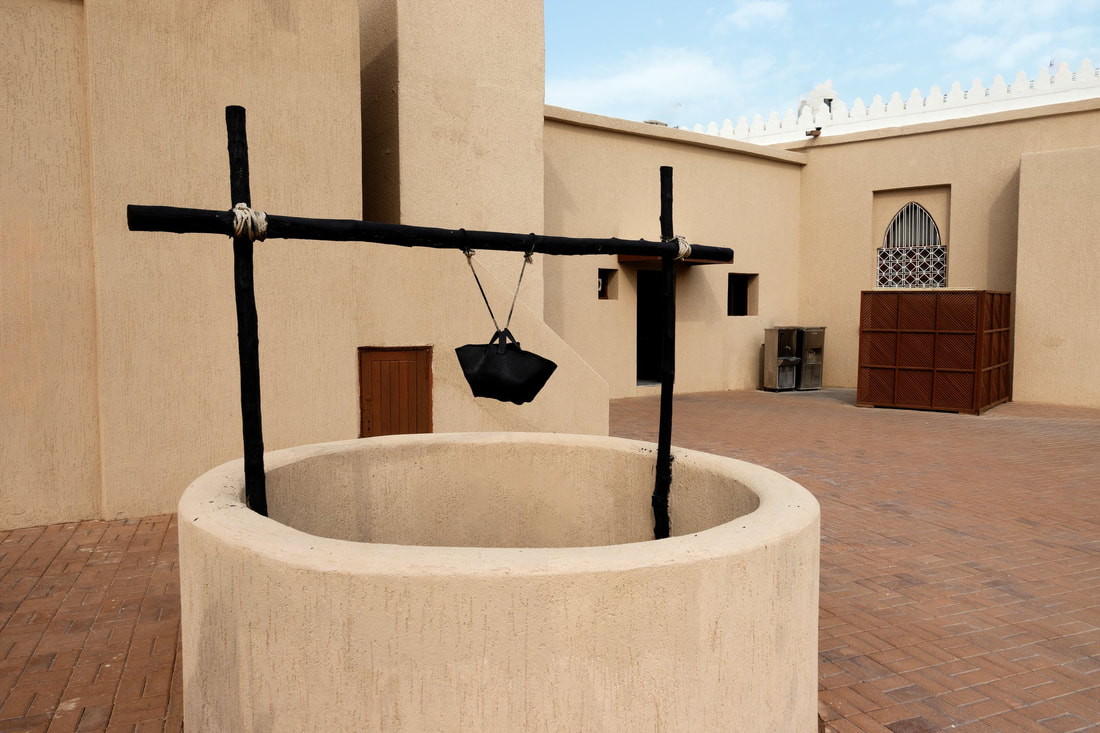
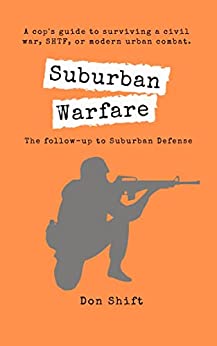
 RSS Feed
RSS Feed
